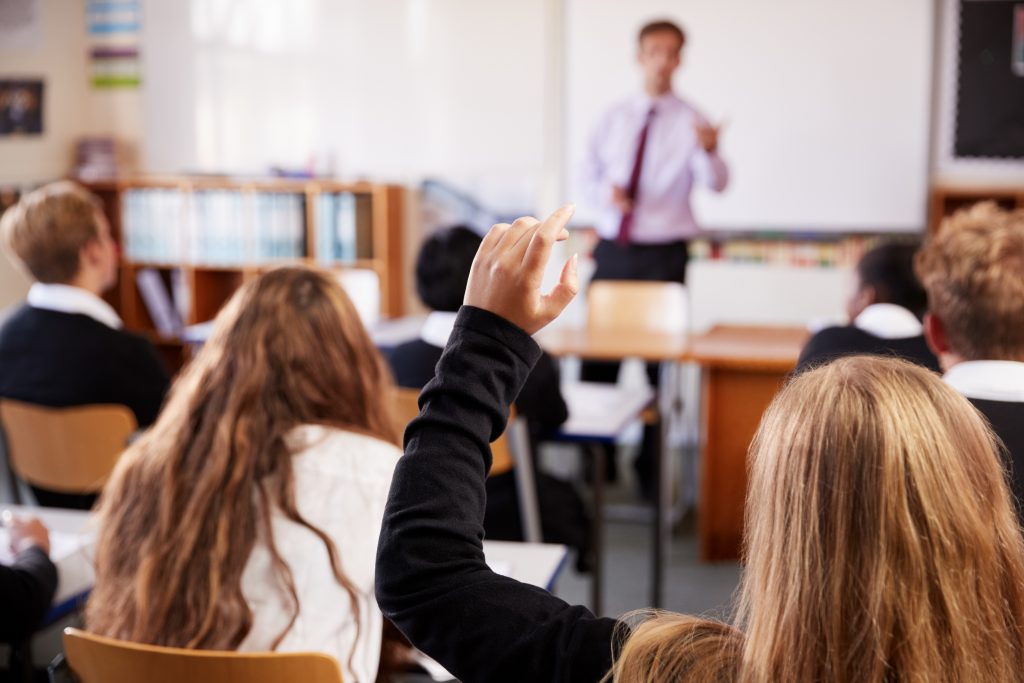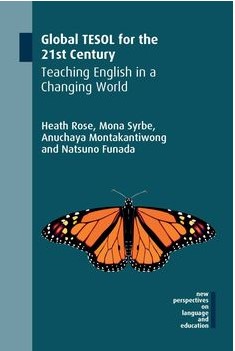The Project
Motivation is a sine qua non for language learning. As such, it is crucial for teachers to understand the factors which shape their pupils’ motivation towards the target language, with a view to influencing this motivation in positive ways. Arabic presents distinctive motivational opportunities and challenges for learners, not least because of its multiglossic nature, whereby different varieties of the language (Modern Standard, Classical and Dialect) are associated with different domains of usage. Ramezanzadeh, Woore and Malmberg (2025) show that learners’ motivations differ substantially for these three multiglossic varieties.
Our proposed study builds on prior research into motivation to learn the Arabic language, as well as recent developments in the field to capture the motivational profiles of secondary school learners in the UK in regard to the multiglossic strands of the language.
In a recent study of students’ motivation for learning Mandarin in English secondary schools, Woore, Molway and Savory (forthcoming) found that the ‘learning experience’ was the largest single theme to emerge from focus group interviews with students. This, they argue, ‘highlights the crucial role of teachers in shaping pupils’ motivation, since so much of what happens in a lesson is under their control’. Dörnyei (2019) recently conceptualized the L2 Learning Experience as ‘the perceived quality of the learners’ engagement with various aspects of the language learning process’ (p.25). ‘Engagement’ refers to students’ active participation and investment of effort in learning tasks (Reschly & Christenson, 2022). It is a term widely used by UK teachers, who want students to be ‘engaged in their learning’. A key question in our study is which kinds of classroom tasks promote engagement amongst different categories of learners, and how this engagement interacts with wider motivation for learning.
Ultimately, we also want to know what this means for students’ outcomes. Thus, following studies examining the relationship between self-concepts and achievement (e.g. Marsh et al., 2016), we will also measure students’ proficiency in the target language at two time points. This will allow us to explore interactions between L2 motivation, engagement and achievement and how these develop over time.
Our study will thus focus on the following research questions:
a. What is the strength and nature of learners’ motivation for learning the different varieties of Arabic? How do these motivations develop over time?
b. What is the strength and nature of learners’ engagement with learning tasks in the AL2 classroom? How does engagement develop over time?
c. What are AL2 learners’ proficiency levels in the language variety (or varieties) they are taught in school? How does their proficiency develop over time?
d. What is the relationship between AL2 learners’ motivations, engagement, and proficiency?
e. Do learners’ motivations, engagement, proficiency and the relationships between these variables differ according to background characteristics (e.g., gender, heritage language status, school type)?
To address these questions, we propose a longitudinal, mixed-methods study with two complementary strands: (1) a macro-level examination of the motivational profiles and attainment of AL2 learners in a large sample of secondary schools across the UK; and (2) a micro-level focus on students’ engagement in particular classroom tasks and their motivation for learning AL2.
Our study will produce concrete recommendations for teachers, including how to design tasks for AL2 learners which are not only effective in terms of language learning, but which also actively engage students and promote wider motivation for the language. By examining the under-studied context of AL2 teaching in UK schools, we will make a major contribution to the empirical literature in an area identified by stakeholders as a high priority.











